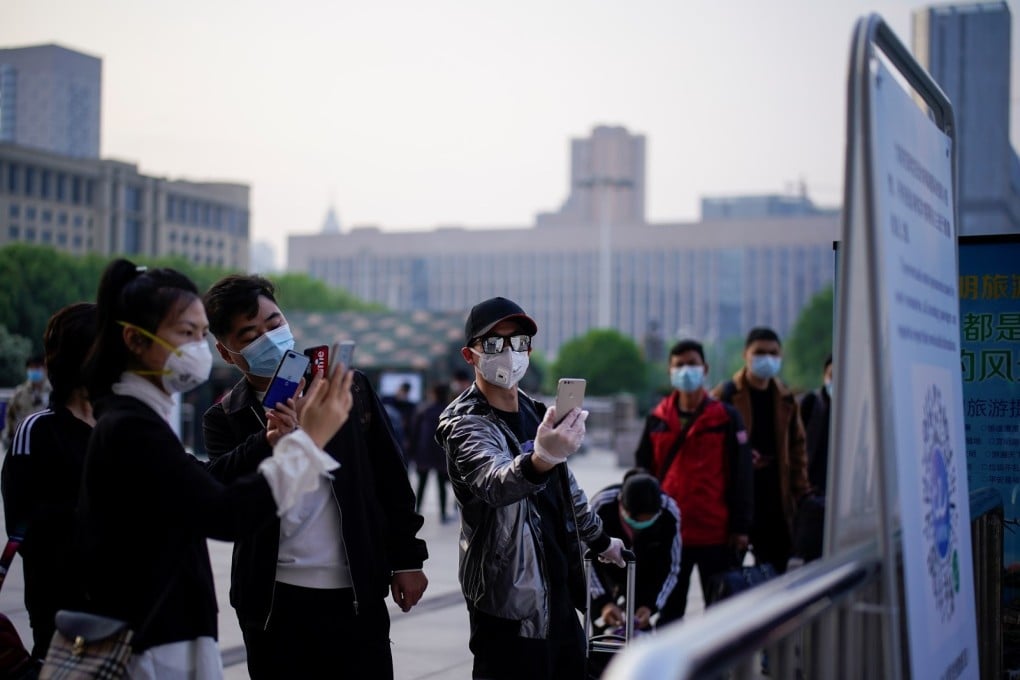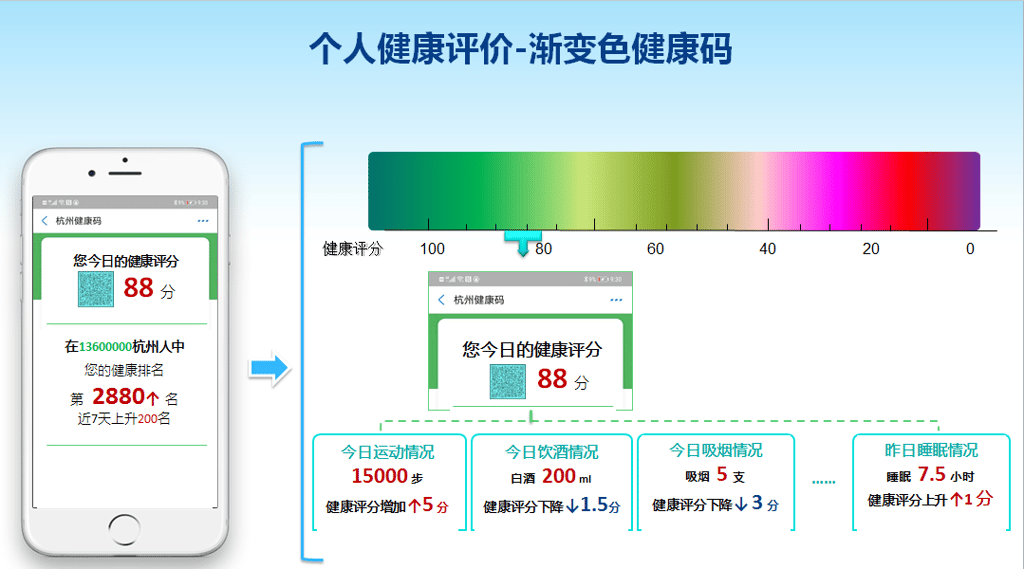The Chinese city that introduced health codes wants to track drinking and smoking
A proposal from the Hangzhou government would have post-pandemic health codes assess lifestyle habits like exercising and medical checkups

Health codes were introduced in Hangzhou to help combat the spread of Covid-19. But now it looks like the codes might outlive the virus, with city residents being scored and ranked based on their health status, according to a proposal by local government officials.

According to pictures in the Hangzhou government’s press release, new health codes will rely on lifestyle-related data like how much a person drinks, smokes and exercises every day. It’s not clear how these would be assessed, but if the existing health code system is any indication, it could be based on user-submitted information.
In what looks like a simulated picture of the proposed system, a user would get five points for walking 15,000 steps in a day and get one point for sleeping 7.5 hours. But they would lose a point and a half for drinking 200 milliliters (7oz) of baijiu, a popular fiery Chinese liquor, and lose three points for smoking five cigarettes.